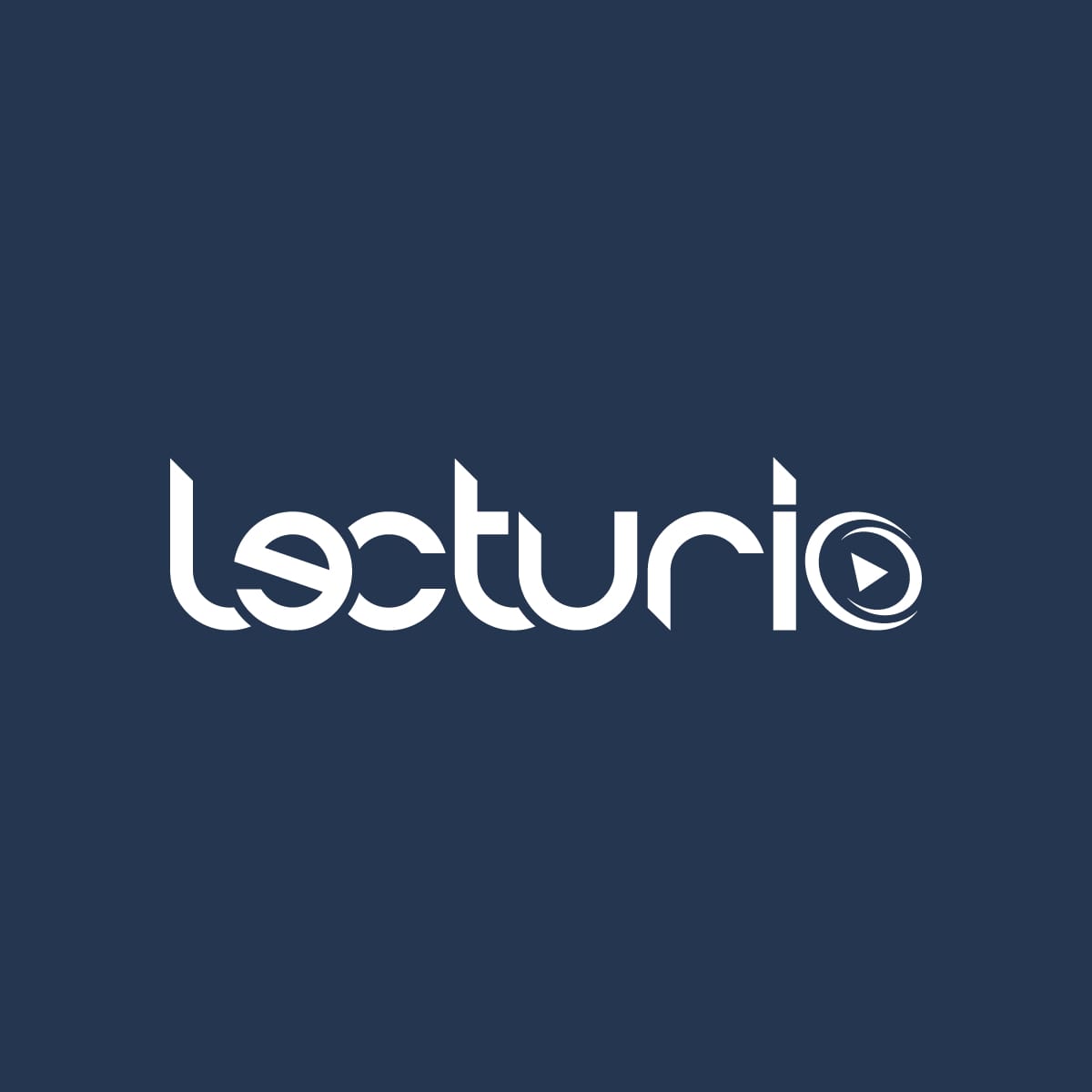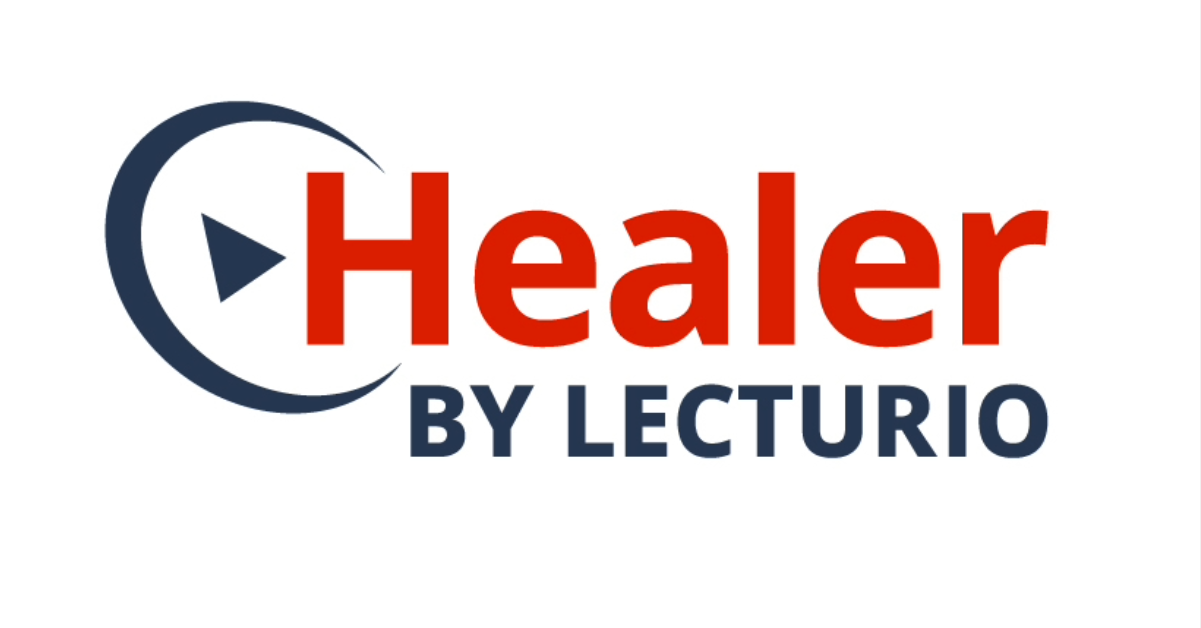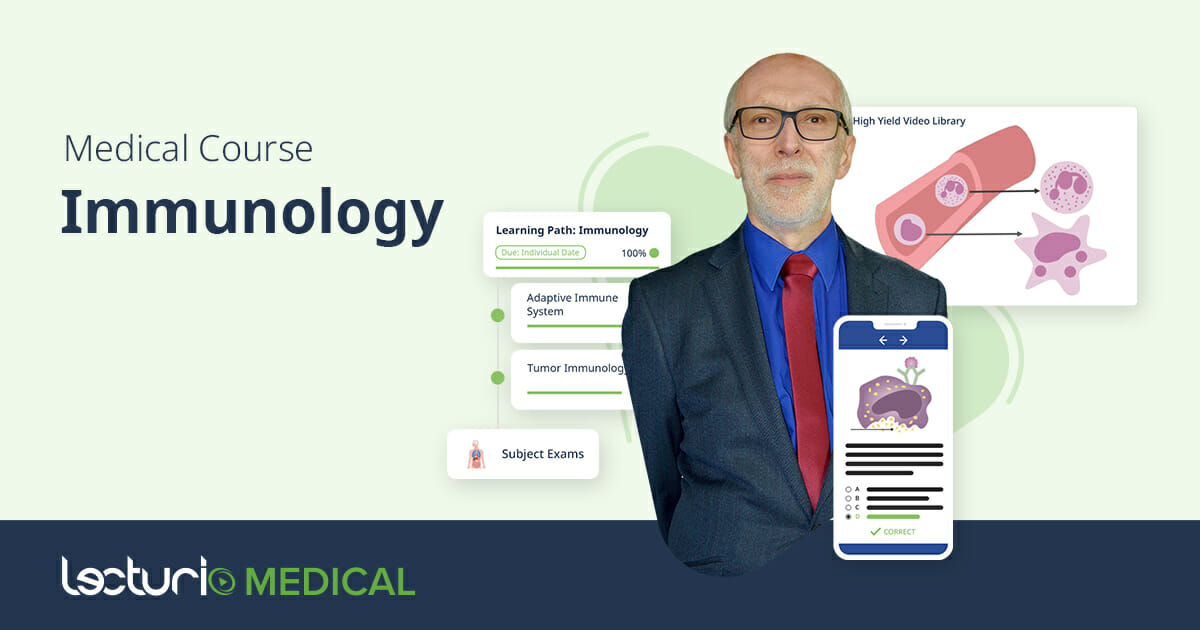The immune system is one of the most complex and fascinating subjects in all of biology. From fighting off infections to its role in groundbreaking therapies, immunology is a field that captures the curiosity of students and professionals alike. A quick search for an immunology online course reveals a tempting option: dozens of free resources promising to teach you everything you need to know.
It seems like the perfect way to start—but is it?
While a free online immunology course can be a great entry point, it often falls short for those with serious academic or career ambitions. The real value lies in a course that not just teaches you the material, but also provides the formal, recognized credentials to prove it.
This article will offer an honest comparison between free online courses and accredited programs. It will cover the appeal of free resources, their significant limitations, and why an accredited course that awards formal academic credits is the gold standard for anyone looking to build a future in science or healthcare.
The Appeal of a Free Online Immunology Course
It’s important to acknowledge why free courses are so popular in the first place. A well-structured argument should be balanced, and there are certainly situations where a free course is a perfectly reasonable choice.
The benefits of a free immunology course online are straightforward and appealing:
- Zero Financial Risk: This is the most obvious advantage. You can dive into topics like innate immunity and B-cell activation without any upfront investment. For students on a tight budget or those just exploring interests, this is a major draw.
- A Great Way to Test the Waters: Are you a high school student considering a biology major? Or perhaps a professional in an adjacent field curious about immunology? A free course allows you to explore the subject without the commitment of a full-semester program.
- Accessibility and a Quick Overview: Free resources are available instantly. They can provide a high-level summary of key concepts, which might be all that’s needed for someone looking for a brief refresher or a basic understanding.
For casual learning and intellectual curiosity, these benefits make free courses a valuable part of the educational ecosystem. However, for anyone needing to formally demonstrate their knowledge, the limitations quickly become apparent.
The Hidden Costs and Limitations of “Free”
The saying “you get what you pay for” often holds true in online education. While you don’t pay with money for a free course, you may pay with your time, effort, and career prospects if the course doesn’t meet the standards required for academic or professional advancement.
Here are the most significant limitations of a typical immunology course online free of charge: A lack of depth and structure. Many free immunology courses are little more than a collection of video lectures or articles. They may lack a logical, cohesive curriculum designed by educators to build knowledge systematically. A proper basic immunology course should guide a learner from foundational principles to complex applications. Without this structure, it’s easy to develop a patchy understanding filled with knowledge gaps.
No verified credentials
This is arguably the biggest drawback. A free course might offer a “certificate of completion,” but this document typically holds no weight with universities or employers. It doesn’t prove that you have mastered the material to a specific academic standard. Without formal accreditation and recognized credits like ECTS (European Credit Transfer and Accumulation System), the certificate is just a personal accomplishment, not a professional credential.
No academic support
What happens when you’re struggling to understand a complex process like V(D)J recombination or the signaling cascade of a T-cell receptor? In a free course, you’re usually on your own. There are no instructors to ask questions, no teaching assistants to clarify concepts, and no structured forums for discussion. This lack of support can be a major barrier to mastering difficult material.
The risk of outdated science
Immunology is one of the fastest-moving fields in all of medicine. Discoveries in immunotherapy, vaccine technology, and autoimmune diseases are made constantly. For example, the development of mRNA vaccines revolutionized the field in just a few years. Free courses, often created as a one-time project, may not be updated to reflect these critical advancements, leaving you with an outdated understanding of the subject.
The Power of Accreditation: The Gold Standard for Learning
For anyone who needs their online immunology course to count for something tangible, the solution is accreditation. An accredited course is one that has been formally vetted by an official governing body and is offered by a recognized institution of higher education, like a university.
This process guarantees a high standard of educational quality and is what gives the course’s credentials their value. The global currency for this value is the ECTS.
ECTS, or the European Credit Transfer and Accumulation System, is the standardized system used by universities across Europe and recognized worldwide to measure academic achievement. When an accredited course awards ECTS credits, it signifies:
- Verified Workload: The credits represent a real, quantifiable amount of academic work, including lectures, study time, and assessments.
- Guaranteed Quality: The curriculum has been reviewed and approved to meet university-level standards.
- International Recognition: The credits are understood and respected by universities and professional bodies globally, making them transferable and valuable.
Choosing an accredited course with ECTS credits is the only way to ensure that the time you invest in learning immunology results in a formal, recognized, and valuable academic credential.
The Smart Investment: An Immunology Course That Builds Your Future
When you understand the limitations of free courses, it becomes clear that an accredited program is the logical next step for serious learners.
For learners who need a solid, foundational knowledge of immunology for academic or career purposes, a program like Lecturio’s Accredited Online Immunology course is the smart investment. It was specifically designed to provide the rigorous, university-level training that students and professionals require, solving the common problems of free courses:
- Expert Curriculum: Instead of a random playlist of videos, you get a comprehensive learning path designed by medical experts. The course is structured to build your knowledge from the ground up, ensuring you don’t miss any critical concepts.
- Formal Certificate & 6 ECTS Credits: Instead of a worthless credential, you earn a formal certificate from an accredited university. The 6 ECTS credits are a powerful, internationally recognized credential that you can add to your CV or academic transcript.
- Interactive Learning & Support: Instead of passive watching, the course includes integrated quiz questions that test your knowledge and reinforce learning through active recall. This structure ensures you are actively engaging with and mastering the material.
This approach transforms your learning from a hobby into a formal academic achievement that can directly support your future goals.
Conclusion: From Casual Learner to Qualified Professional
Choosing how to learn immunology online comes down to your ultimate goal. If your aim is simply to satisfy a curiosity, a free course can be a wonderful, no-risk starting point.
However, if you are a student needing to fulfill a prerequisite, a healthcare professional looking to upskill, or anyone who needs to formally prove their knowledge, an accredited course is the only viable path. The structure, support, and, most importantly, the verifiable credentials offered by an accredited program are what turn your effort into a recognized accomplishment.
Stop wondering if you’re learning the right things. Invest in a course that provides the knowledge and credentials to move you forward.

Enroll to our Immunology course today
And develop a solid foundation in immunological principles and their applications!
Do you want to learn more and earn a Diploma of Advanced Studies in the fundamental understanding of human structure, function, and disease mechanisms? Then enroll in our Preclinical Sciences II program and earn 30 ECTS!




